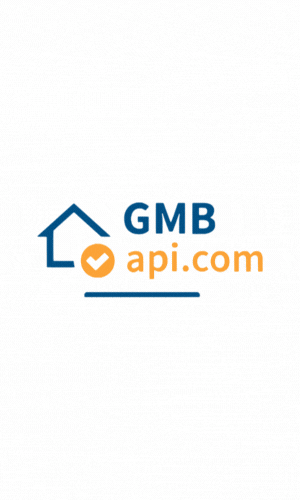I disagree and agree. It depends on the industry what should be considered a lead from GMB. We service a large number of urgent care locations. Depending on what is going on locally (e.g. covid, flu, sports physicals) the phone may ring off the hook. The main reason why they are calling: What time do you close/open? Unfortunately because of covid, so many businesses have different hours and don't post their new hours, resulting in many existing customers calling "just to make sure" they are open and have normal hours. GMB makes it easy to call for routine questions like this and others, as it is one-click, rather than going to a website and at a minimum having to make one more click, possibly more. This applies to many other industries too in this covid era where many businesses are having to make day to day operating hour decisions based on illness or employee availability, especially walk-in retail environments.
Again, depending on the industry and the number of calls they are getting, we simply can't expect the client to ask each and every caller "how'd you hear about us", "have you been here before", etc. For other businesses, like movers, attorneys, insurance, the process of logging and on-boarding is somewhat easier to track as Joy pointed out.




